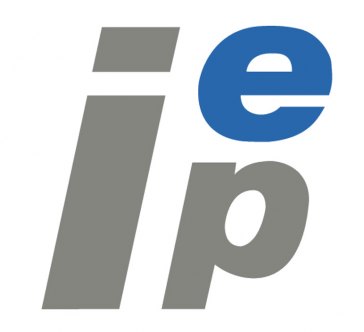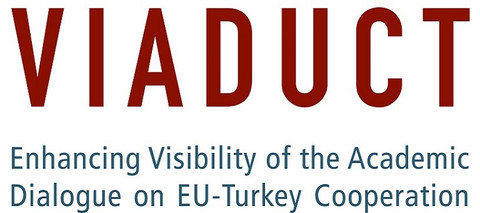IEP Lunch Debate (digital) with Nikolaus Meyer-Landrut: “Different Challenges and Changed Realities: EU-Turkey Relations Five Years after the EU-Turkey Statement on Migration”

On 20 November 2020, the Institute for European Politics (IEP) organised a digital lunch debate on the topic “Different Challenges and Changed Realities: EU-Turkey Relations Five Years after the EU-Turkey Statement on Migration”. Ambassador Dr Nikolaus Meyer-Landrut, Head of EU Delegation to Turkey, delivered a keynote speech. Welcoming remarks were given by Dr Jörg Wojahn, Head of the European Commission’s Representation in Germany. Dr Funda Tekin, director of the Institute for European Politics, moderated the event.
Five years after the EU-Turkey statement on migration, Turkey is and remains an indispensable partner for the EU. This notion was shared by all speakers and provided the frame for the ensuing debate. However it was also pointed out, that EU-Turkey relations are as complex as they are difficult (Turkey as candidate for EU membership and key strategic and economic partner of the EU and lately even an adversary), with a geopolitical dimension playing out even more prominently between the EU and Turkey. In recent years, the relationship has witnessed ups and downs, arguably reaching an all-time low for several reasons. Therefore, it remains a task at hand to discuss how to get out of this increasingly conflictual situation, keeping in mind that especially Germany plays an important role for the development of both actor’s relations.
It was stressed that the mutual perceptions, both of the EU and Turkey, are a very important topic, because they firmly influence the manner of mutual communication. In this respect, the statement of the European Council on 1st October 2020 can be seen as a “new offer” for EU-Turkey relations by the European side. In light of the recent dispute concerning the maritime delimitation of exclusive economic zones in the Eastern Mediterranean Sea, a convocation of a multilateral conference was deemed necessary. Against this background, the offer of a positive political agenda could be recognised as a “window of opportunity” for the EU-Turkey relations, rebuilding trust between both sides again. At the same time it was stressed, that freedom of opinion, rule of law and human rights need to be re-established in Turkey.
In the following discussion, the question concerning the engagement of the EU in relation to Turkey was further elaborated upon and the EU’s approach to solve the disputes through dialogue with the Turkish government was widely supported. The intensity of engagement of high-level politicians concerning the EU-Turkey relations in the last months was emphasized as a positive factor, especially on the dispute about maritime delimitation of exclusive economic zones in the Eastern Mediterranean Sea. It was discussed that the EU-Turkey relations will likely not resemble those between the EU and Russia in the future as the environment of the relationship differs particularly through the influence of Turkey’s membership in the western defence alliance of NATO.
The event was held in the framework of VIADUCT (Enhancing Visibility of the Academic Dialogue on EU-Turkey Cooperation), in cooperation with the Representation of the European Commission in Germany and kindly supported by the Federal Foreign Office of the Federal Republic of Germany and the Otto Wolff-Foundation.
Author: Lennart Belke, IEP Berlin



